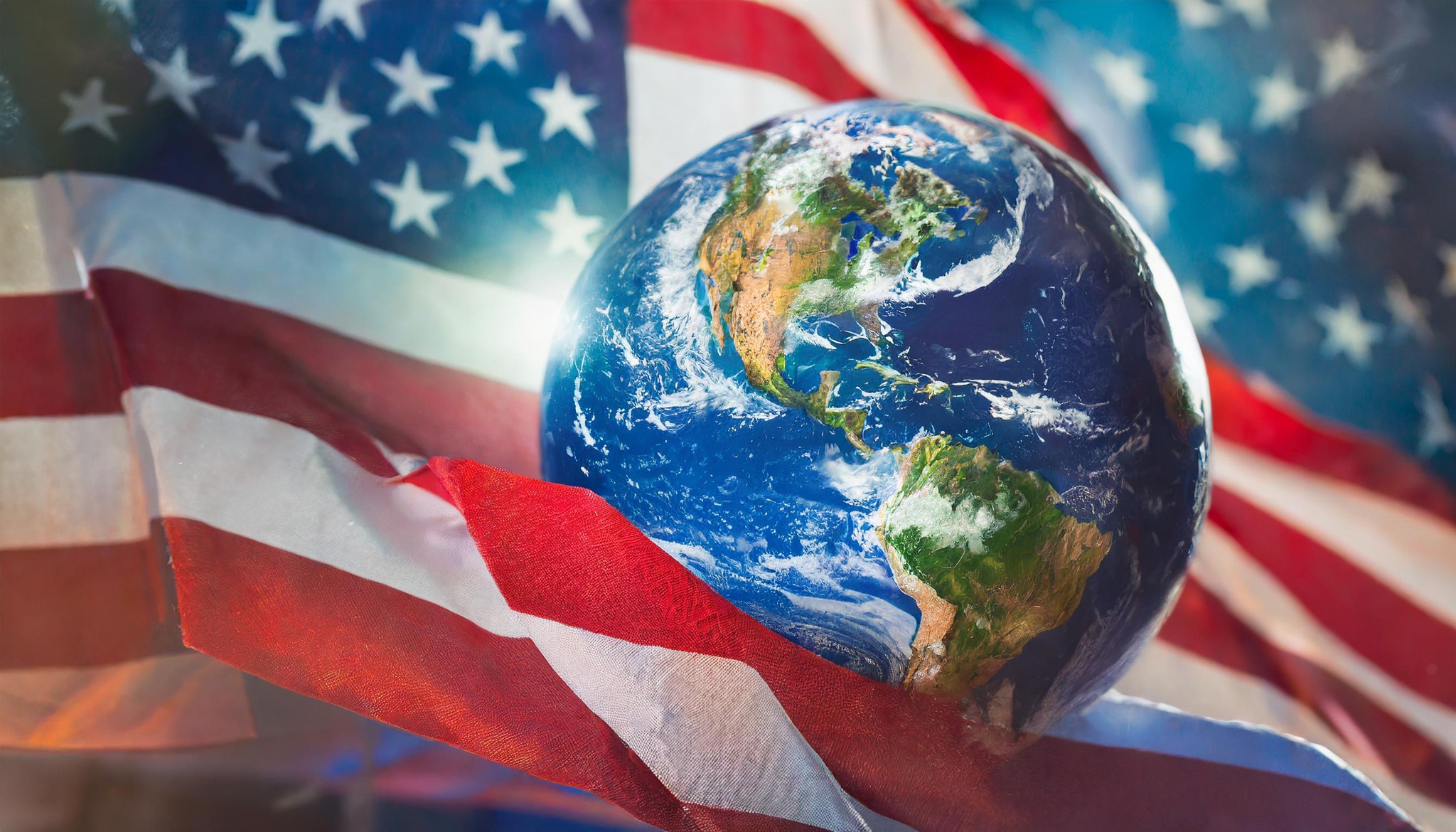The Power of Innovation: American Inventions That Changed the World
America has long been a breeding ground for innovation. From the earliest days of the country’s founding to the digital age, the U.S. has produced some of the most transformative inventions the world has ever seen. These innovations have not only shaped the way we live today but have also cemented America’s position as a global leader in technology, science, and industry.
In this article, we’ll explore some of the most groundbreaking American inventions, their lasting impact on society, and how the innovative spirit continues to drive progress across the nation.
1. The Light Bulb – Lighting Up the World
When Thomas Edison patented the electric light bulb in 1879, he revolutionized the world. While Edison wasn’t the first to create a light bulb, his design was the first practical and long-lasting solution, making electric light accessible for everyday use. The invention of the light bulb didn’t just brighten homes; it sparked the development of the modern electrical grid and forever changed how we live and work.
Edison’s innovation paved the way for modern lighting systems, and today, we see the results in everything from energy-efficient LED bulbs to smart lighting controlled via smartphones. His invention also serves as a symbol of American ingenuity—a testament to how perseverance and creativity can lead to world-changing breakthroughs.

2. The Airplane – Taking Flight
The dream of human flight had long eluded inventors, but in 1903, Orville and Wilbur Wright made that dream a reality. On December 17th, 1903, the Wright brothers successfully piloted the first powered, controlled flight in Kitty Hawk, North Carolina. Their invention marked the dawn of aviation, opening up new possibilities for travel, commerce, and military applications.
What began as a 12-second flight has evolved into an industry that moves billions of people across the globe each year. Air travel has connected the world like never before, making it possible for goods, ideas, and cultures to flow freely between nations. The Wright brothers’ contribution to aviation remains one of the most profound advancements in modern history.

3. The Internet – Connecting the Globe
While the internet is often thought of as a global invention, its origins are deeply rooted in American innovation. In the late 1960s, the U.S. Department of Defense developed ARPANET, the precursor to the modern internet. This network allowed computers at universities and research institutions to communicate with one another, laying the groundwork for the digital age.
Fast forward to the 1990s, and the internet was revolutionized again by Tim Berners-Lee’s World Wide Web, making the internet more accessible to everyday users. From email to e-commerce, social media to streaming, the internet has transformed nearly every aspect of modern life. Today, it’s hard to imagine a world without it, and the invention continues to drive innovation in industries like artificial intelligence, virtual reality, and cloud computing.


4. GPS (Global Positioning System) – Navigating the World
The GPS, a navigation system that has become indispensable to daily life, was developed by the U.S. Department of Defense during the 1970s. Initially designed for military purposes, GPS was opened to the public in the 1980s, and since then, it has transformed how we navigate the world.
From guiding airplanes across oceans to helping drivers avoid traffic jams, GPS has become an essential tool in logistics, travel, and even fitness apps. Modern smartphones come equipped with GPS technology, allowing users to find directions, track their runs, and even locate lost devices. The development of GPS is a prime example of how a government innovation can become a vital part of everyday life.
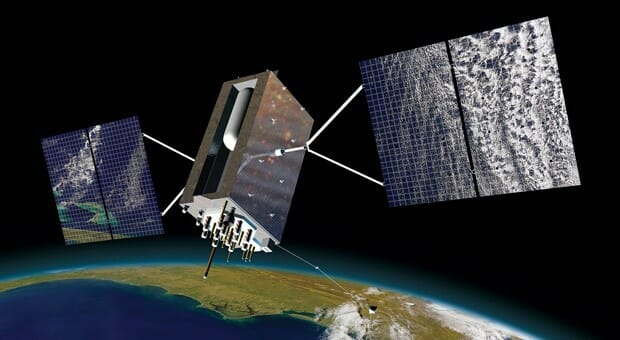
5. The Personal Computer – Powering the Digital Age
The invention of the personal computer (PC) in the 1970s revolutionized not just the technology industry but the world. Although many early computers were massive machines accessible only to businesses or government agencies, Steve Wozniak and Steve Jobs co-founded Apple in 1976 and introduced the Apple I, a relatively affordable and user-friendly computer that brought computing into the home.
The PC sparked the digital revolution, enabling businesses to automate processes, individuals to create digital content, and scientists to conduct research more efficiently. Today, computers are at the heart of everything from entertainment to education and innovation. Whether it’s coding new apps, designing virtual worlds, or managing global supply chains, personal computers have fundamentally reshaped our society.
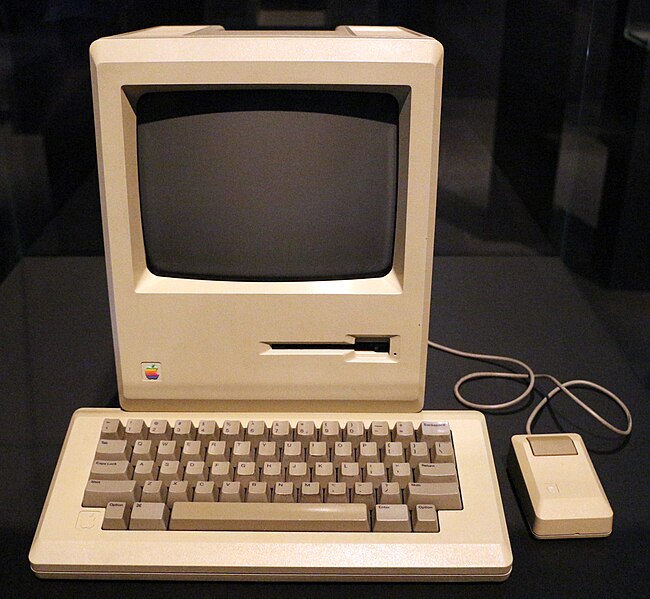
6. The Smartphone – Revolutionizing Communication
The invention of the smartphone marked another American breakthrough that changed how we communicate, work, and live. While the concept of mobile phones existed before, it was Apple’s iPhone, introduced in 2007, that truly revolutionized the industry. Combining a phone, camera, internet browser, and countless apps into one sleek device, the smartphone quickly became a staple of modern life.
Smartphones now serve as powerful mini-computers, used for everything from managing businesses to staying connected with loved ones around the world. Mobile technology has enabled new industries, such as app development and mobile gaming, while also providing instant access to global information, entertainment, and services.
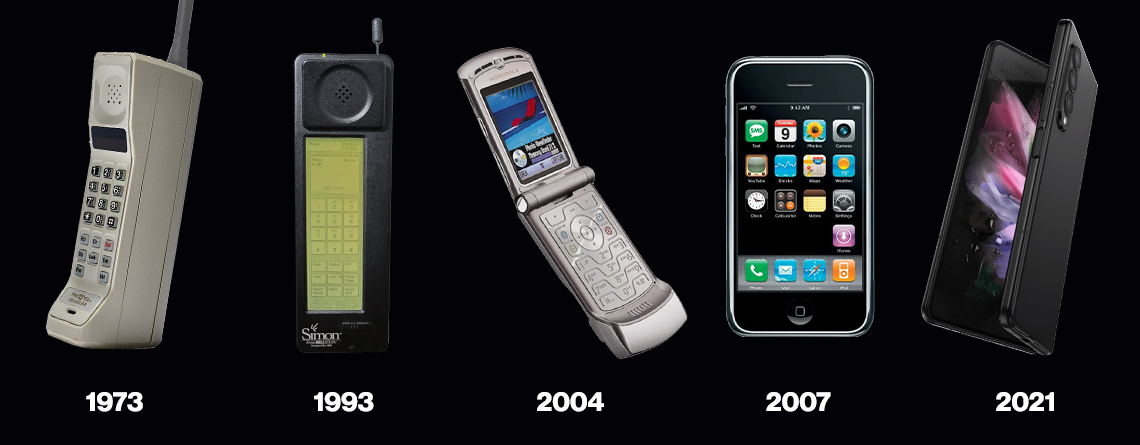
7. The MRI Scanner – Revolutionizing Medicine
In the field of medical technology, one of the most significant American innovations is the development of Magnetic Resonance Imaging (MRI). Invented by Raymond Damadian in the 1970s, the MRI scanner transformed how doctors diagnose and treat patients. Using powerful magnets and radio waves, the MRI provides detailed images of the body’s internal structures, allowing for early detection of conditions like cancer and brain disorders.
Today, MRIs are essential tools in hospitals worldwide, helping millions of patients receive accurate diagnoses and appropriate treatments. The invention continues to evolve, with new advancements in MRI technology allowing for faster scans and more detailed images, further improving patient care.
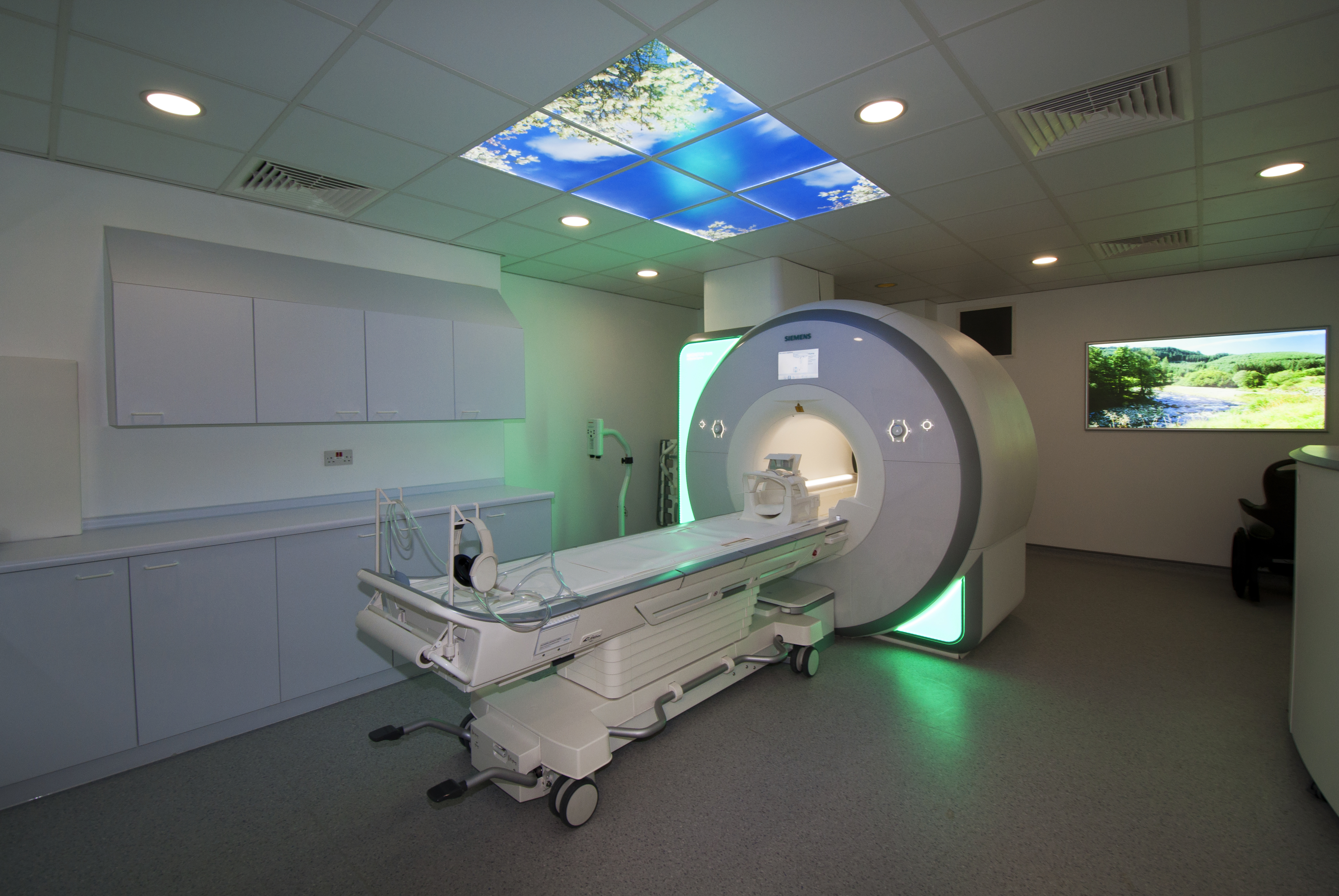
The Legacy of American Innovation
America’s rich history of innovation continues to inspire new generations of inventors and entrepreneurs. The nation’s culture of creativity, risk-taking, and collaboration has produced countless inventions that have changed the world, and the future looks just as bright.
From the development of self-driving cars to breakthroughs in renewable energy, American innovators are constantly pushing the boundaries of what’s possible. As we look to the future, it’s clear that the same spirit that gave us the light bulb, airplane, and internet will continue to shape the world in ways we can only begin to imagine.
Conclusion: Fostering the Next Wave of Innovators
America’s role as a global leader in innovation didn’t happen by accident—it’s the result of a culture that encourages creativity, investment in research, and a drive to solve problems. As we move forward into an increasingly complex and interconnected world, it’s essential to continue fostering the next generation of innovators who will build on the foundation laid by their predecessors.
Whether through education, government support, or private enterprise, continuing to cultivate innovation is key to maintaining America’s role as a world leader in invention and progress.
By celebrating the rich history of American inventions and supporting future innovators, we can ensure that the U.S. remains at the forefront of global technological advancement for generations to come.
